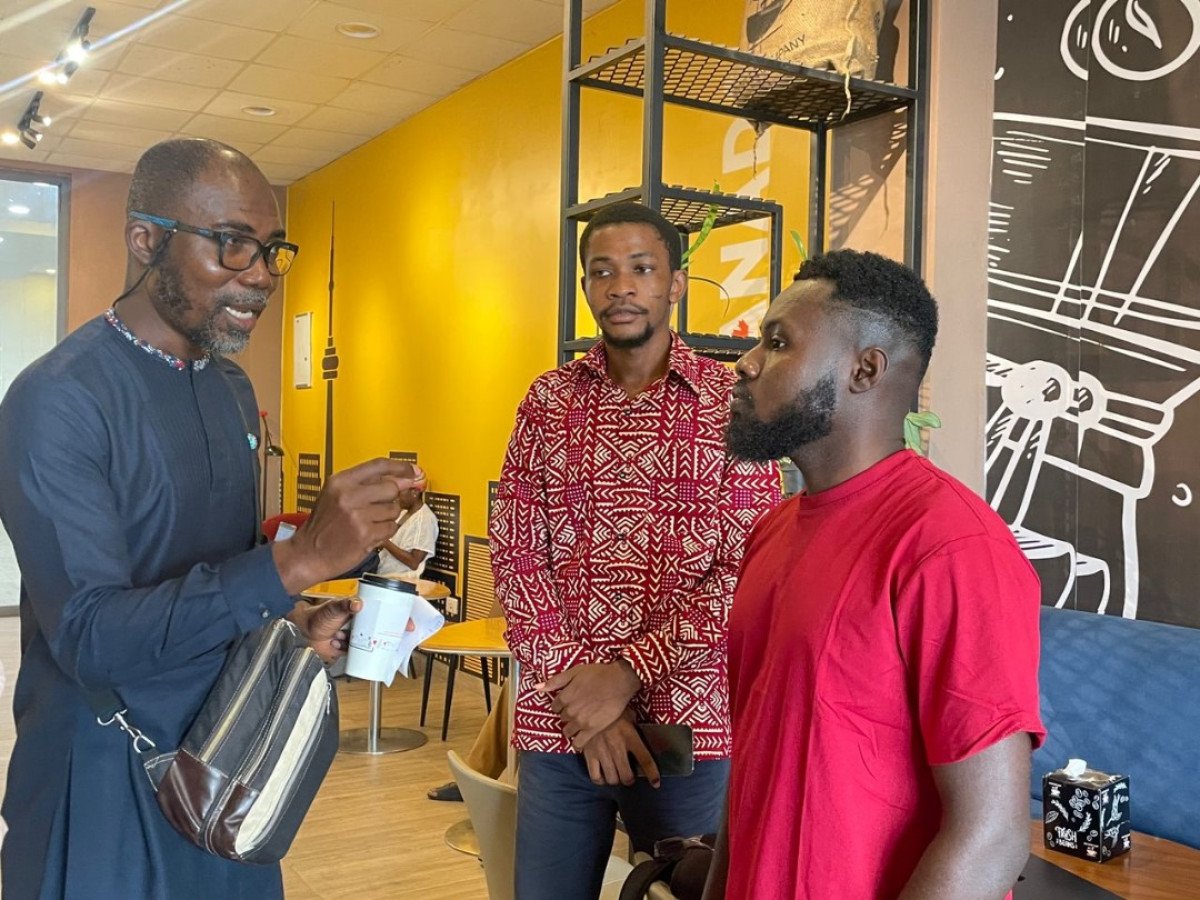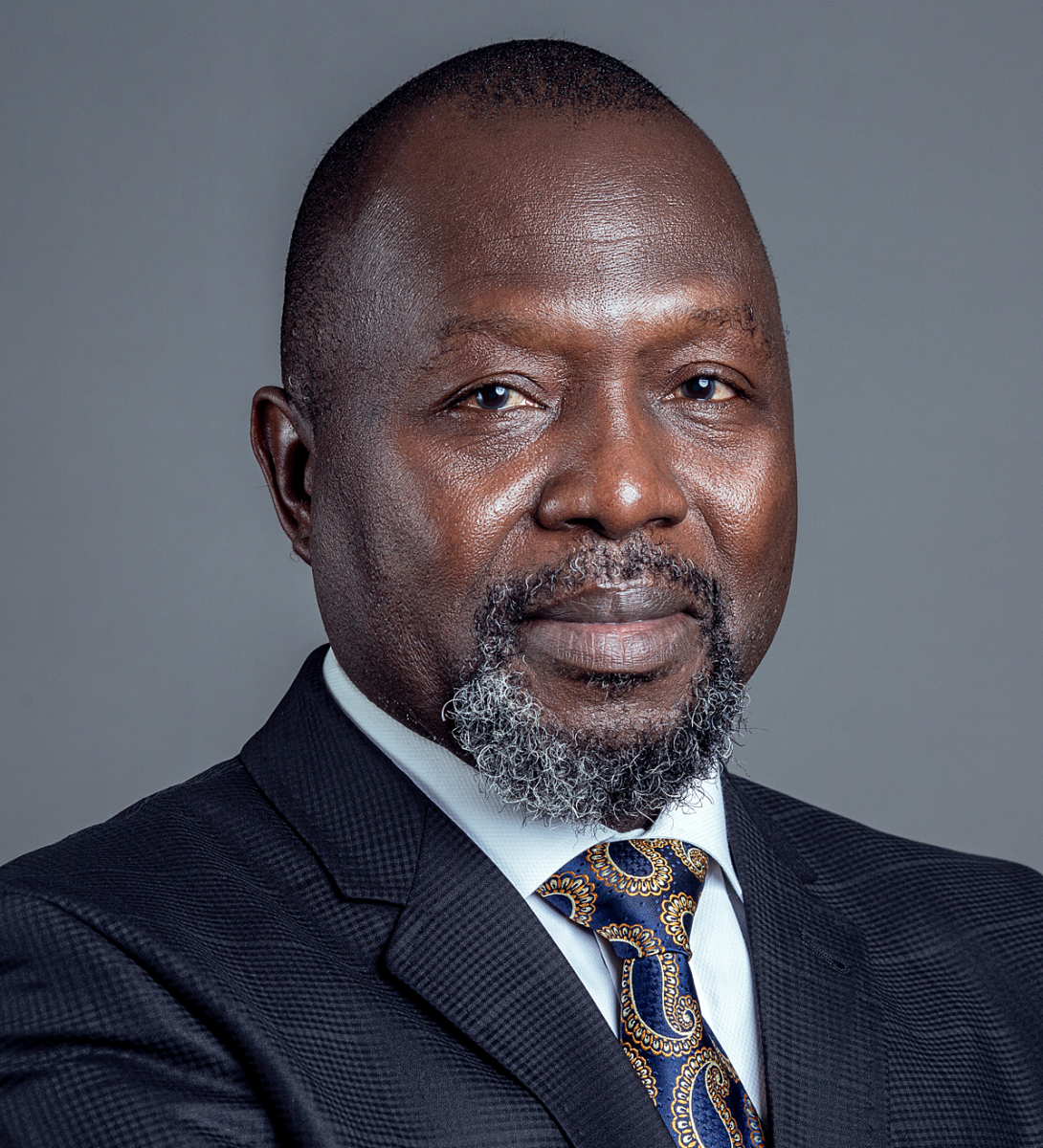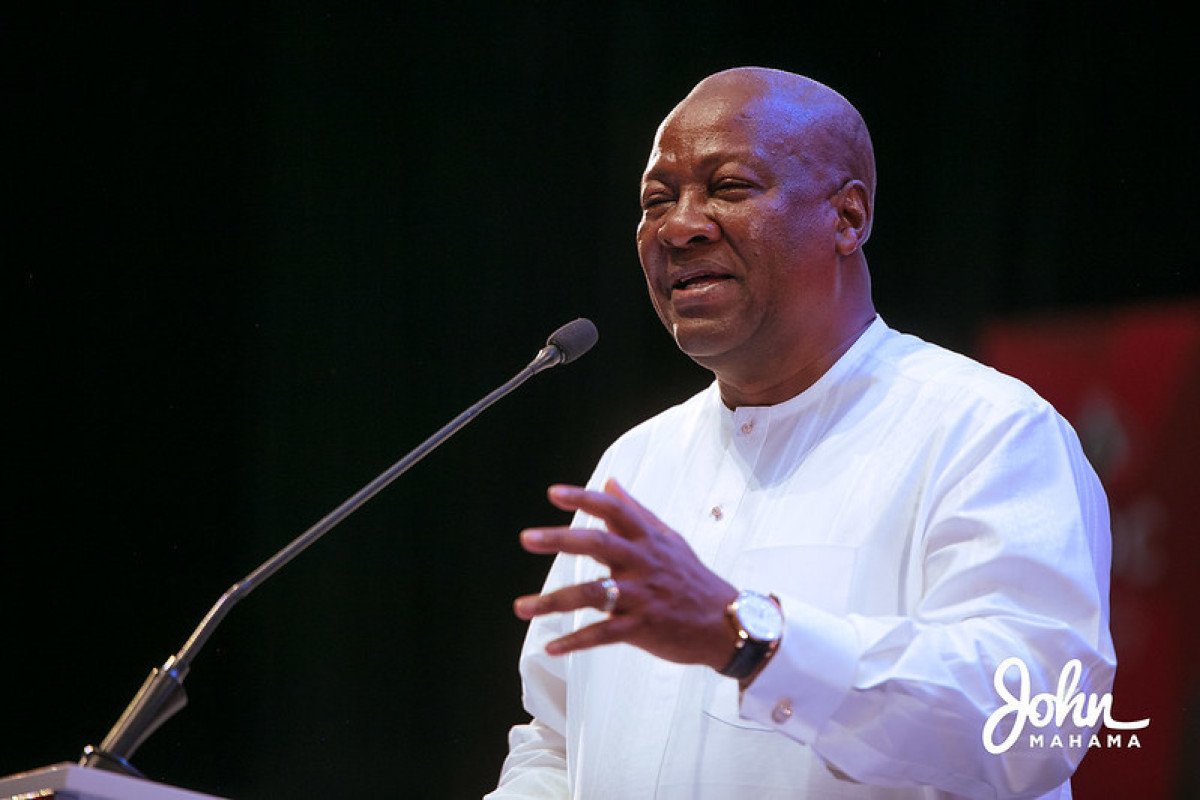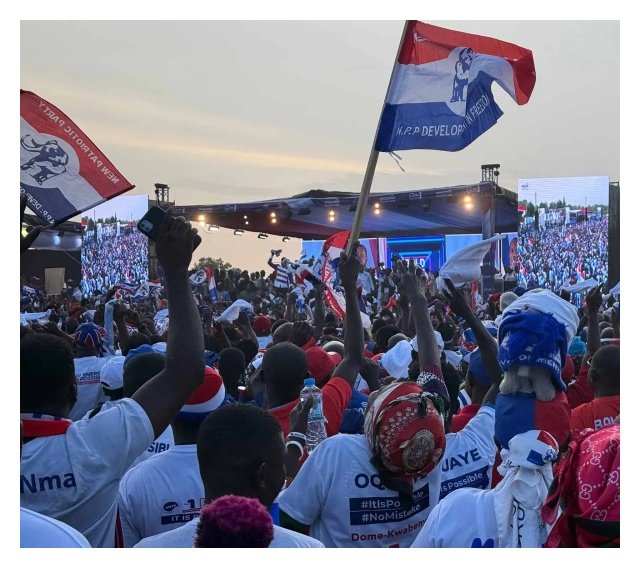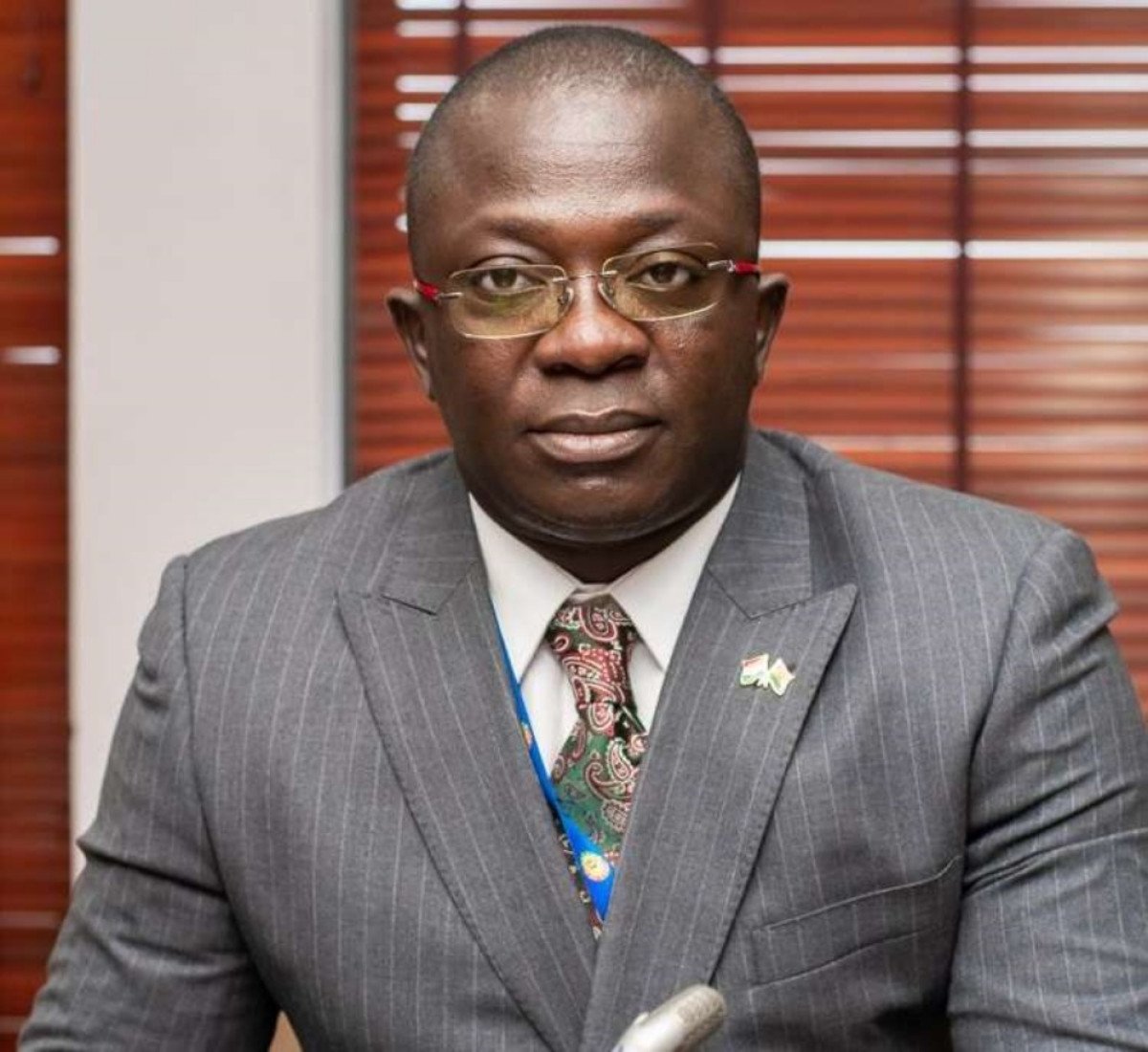A recent gathering of environmental enthusiasts and experts at the Climate Coffee meetup in Accra highlighted the critical need for inclusive and accessible approaches to climate action. The event, which brought together passionate individuals from various backgrounds, underscored the importance of collective responsibility towards the environment.
Tackling Greenwashing and Promoting Transparency
One of the key discussions centered around the issue of greenwashing, where brands falsely market products as eco-friendly. Participants emphasized the need for stronger regulation and consumer protection to ensure that vulnerable populations are not disproportionately affected. "Transparent and honest labeling ensures everyone can make informed choices," said Joseph Lawrence Hammond, Founder and Head of Innovation & Digital Transformation at thenovus.solutions and empowerAbility Org.
Leveraging Tech for Accountability
The meetup also explored the potential of digital tools and Application Programming Interfaces (APIs) in verifying sustainability claims. Hammond emphasized the importance of accessible and user-friendly interfaces in empowering individuals to identify credible eco-friendly products. "Accessible tech can break down barriers and provide equal access to information," he noted.
Affordable Eco-Friendly Alternatives and Inclusive Infrastructure
Participants enthusiastically promoted locally made and eco-friendly products, such as "Alata Samina" organic soap, as affordable alternatives for individuals with varying financial capacities. The discussion also highlighted the crucial role of infrastructure in enabling everyday climate choices, such as walking. Better pedestrian infrastructure, like the University of Ghana's shaded walkways, can directly impact the ability of individuals with disabilities or mobility challenges to participate in eco-friendly practices.
Inclusive Urban Planning and Green Building
The comparison of Ghanaian urban housing with sustainable practices like Japan's "earth-covered" buildings emphasized the need for thoughtful and inclusive urban planning. Participants called for more natural greenery in urban spaces, which benefits everyone's well-being and ensures that all community members can enjoy these benefits.
Waste Management and Climate Justice
The meetup also explored the potential of waste segregation models, like Japan's, in building inclusive waste management systems. Stanley Makafui Anku, Co-founder and Head of Blockchain & Business Development at The Novus Solutions and empowerAbility Org, highlighted the potential of blockchain technology in incentivizing participation across all community segments. "Climate justice demands that the needs and perspectives of all individuals, particularly marginalized communities, are central to the development and implementation of environmental solutions," Anku emphasized.
A Call to Action
The Climate Coffee meetup in Accra reinforced the understanding that a sustainable future must be an inclusive one. As participants agreed, "going green" will look different for everyone, and our approach must be adaptable and accessible. Moving forward, the focus must be on people-centered, inclusive grassroots campaigns, consistent advocacy, and sensitization efforts that empower every individual in communities across Ghana to participate in building a more sustainable and equitable future.


